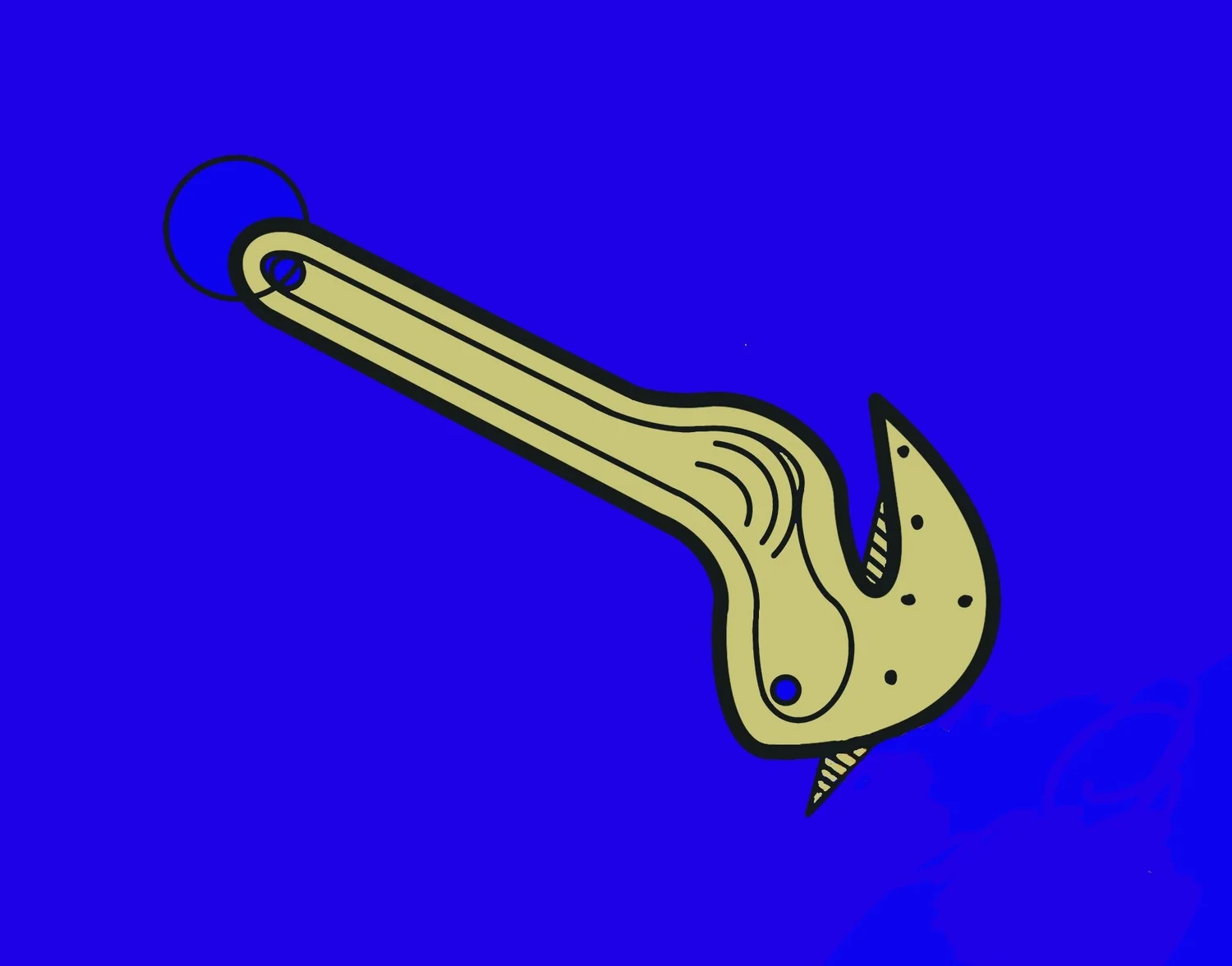Navigating and reflecting on knots of privilege.
'Privilege' is not a bad word; having it does not = 'bad person'. The word arose from Latin privus ("individual") and lex ("law"). Some things to ponder in the knots...👇
Sociologist Harry Brod wrote in his book Men's Lives:
"Privilege is not something I take and which I therefore have the option of not taking. It is something that society gives me, and unless I change the institutions which give it to me, they will continue to give it, and I will continue to have it, however noble and egalitarian my intentions."
Thus, if one is suggested (or, even accused) of having privilege- it's not a personal attack. It's also structures, systems & history- and, it's fluid.
Privilege is fully knotted in many social constructions: class, race, age, gender, sex, preferences, geography, and so on. It's also context-specific.
Why is knowledge and awareness of privilege sheltered? I feel, it's not taught; rarely written about, yet, is present in every social setting and interaction- like oxygen.
It's 'polarizing' to mention- and, yet many of us speak of marginalization, oppression, sexism, and others- rather openly, fluidly. Design org. plans for them.
Privilege is discussed as much as bowel movements... in other words: it's not- except in some contexts (e.g. medical check-up).
Privilege is everywhere (like bowel movements...); yet, invisible. Paradoxically, not being aware of privilege is a function of privilege.
There are many privileges, including:
male
heterosexual
traditional family
non-disability
young adult and middle-age
white
English-speaking and literate
middle or upper class
legislated
geography
Reflecting on privilege does not have to be public (e.g. step forward- step back exercise). It can be done personally.
Some questions to ponder:
• What privileges might I have that are unearned, and how might these contribute to the ones I earned?
• What assumptions, ideas, beliefs do I have about people that I view as dis-advantaged? Where do these come from? Do I see them as personal issues, or linked to society? Why? How might I be mistaken?
• What do I know- and maybe assume- about relating to, and interpreting the behavior and realities of others who are in similar social scenarios-locations as me (e.g. class, race, sex, ability, religion, etc.)?
- And, those different?
-Why?
• What have I learned and internalized about those different (class, sex, race ability, etc.)? Why?
• Do I tend to lean towards 'personal choices' as to why some might be less advantaged? What social factors may I have not considered? What structural factors (e.g. law, legislation, history) may I not be aware of? Can I learn more?
• Where I have I 'learned' my perspectives? How might my schooling have impacted my views? My family? Friends? Media?
• Why might it be 'easier' for many ppl to discuss marginalization, but not the flip side: privilege?
_ _ _ _
Exploring privilege through self-reflection is a key tool, but it won't unravel the social knots.
Thoughts?

